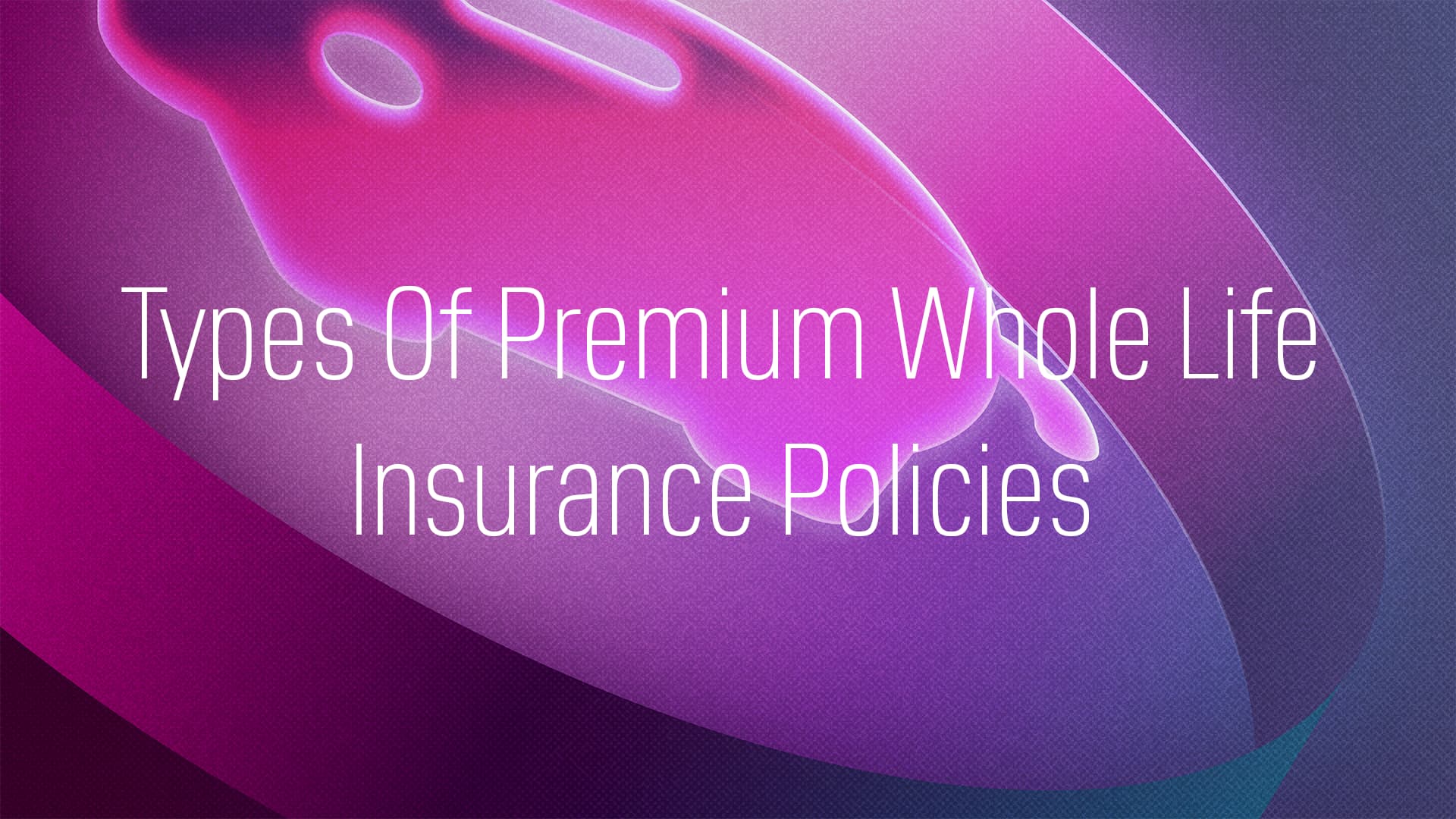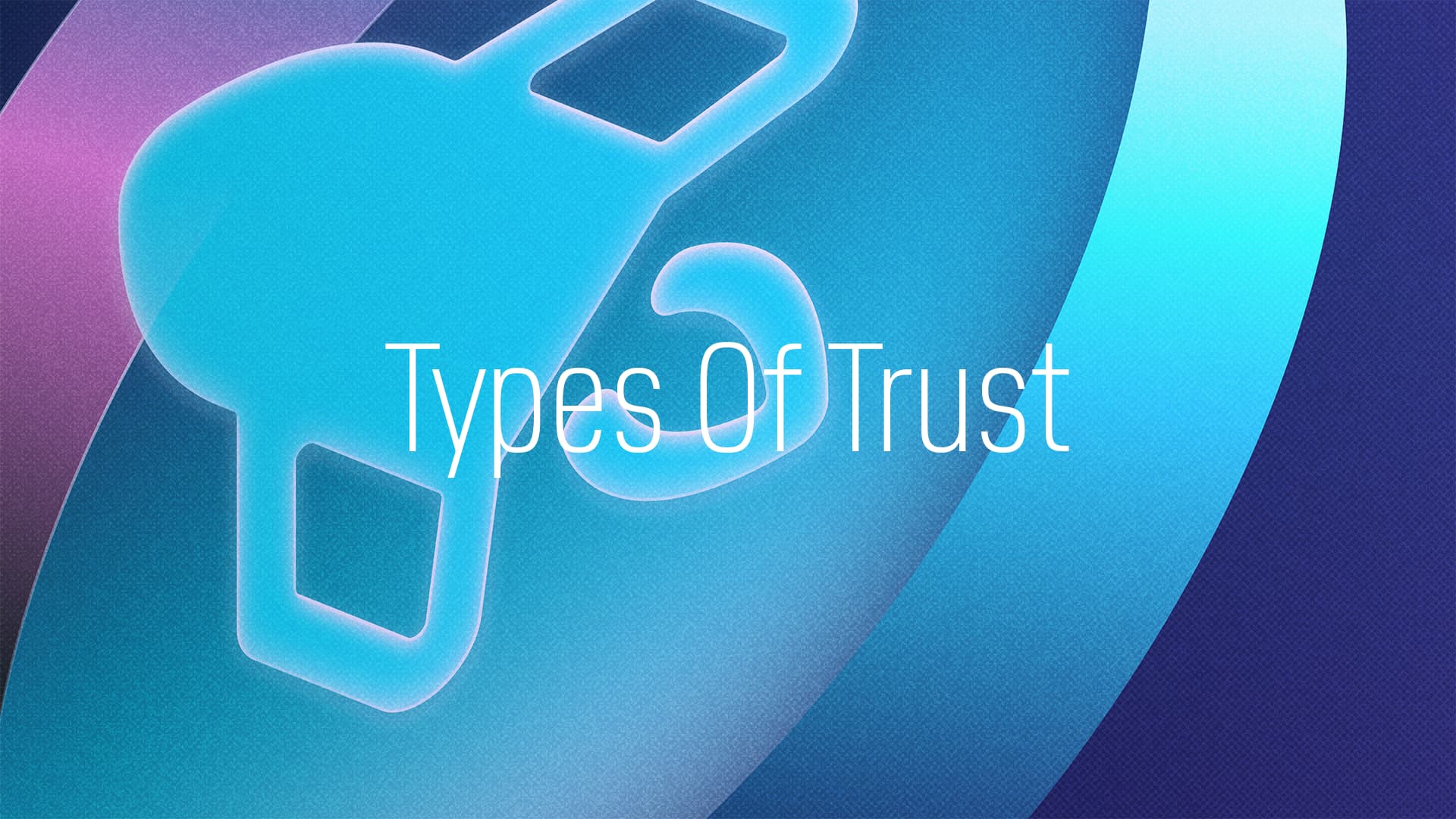What Are The Various Types Of Premium Whole Life Insurance Policies Available?

Understanding the landscape of whole life insurance policies can be daunting, given the variety of products marketed under the umbrella of life insurance. However, when it comes to premium whole life insurance, the offerings boil down to a simpler classification, especially when focusing on policies from mutual companies. Here's an insight into the realm of premium whole life insurance and how it compares to other types of life insurance policies.
The Essence of Whole Life Insurance
Mutual Company Policies: A Core Understanding
Whole life insurance policies issued by mutual companies represent the cornerstone of what traditional whole life insurance is about. Mutual companies, akin to credit unions, are owned by the policyholders, ensuring that the interests of the policyholders are closely aligned with the operations of the company.
Regardless of whether you choose Mass Mutual, Guardian, New York Life, or Penn Mutual, the fundamental aspects of whole life insurance remain consistent. This uniformity underscores the reliability and stability that whole life insurance offers, making it a pillar of long-term financial planning.
The Misconception of Varieties
While whole life insurance maintains a consistent structure across mutual companies, the confusion often arises with the introduction of universal life policies. These include:
- Variable Universal Life
- Indexed Universal Life
- Flexible Universal Life
However, it's crucial to recognise that universal life policies are a different beast entirely. Comparing whole life to universal life isn't just comparing apples to oranges; it's more like comparing apples to beans – entirely different categories with distinct characteristics and purposes.
Universal Life: A Different Animal
Universal life policies do not carry the same guarantees and structural integrity as whole life insurance. They represent a more complex, and often riskier, financial product that might not suit everyone's needs or financial goals. Despite some marketers drawing parallels between universal life and whole life, the differences are significant.
Guidance and Resources
For those curious about the intricacies between whole life and universal life insurance, or navigating the myriad of options within the life insurance space, seeking expert advice is paramount. Resources like one-pagers that delineate the differences can be invaluable. Additionally, professionals like Jody Wieners in the community can provide deep insights into these distinctions, ensuring you make informed decisions about your insurance needs.
When considering premium whole life insurance, it's essential to focus on policies offered by mutual companies for their inherent stability and benefit to policyholders. While the market may present a plethora of insurance types under enticing names, understanding the core differences between whole life and universal life policies will guide you towards making decisions that align with your long-term financial security and goals.



